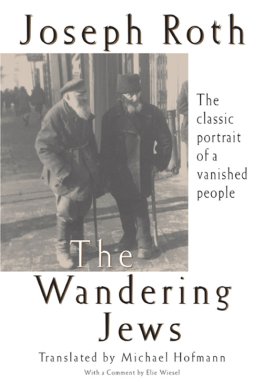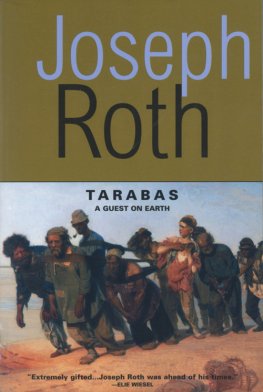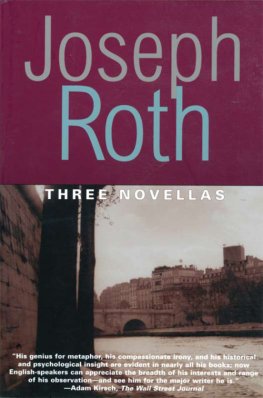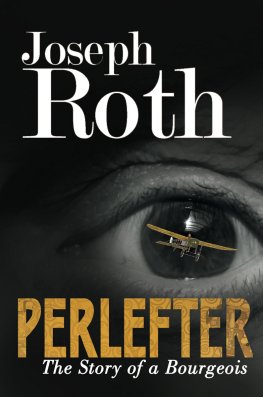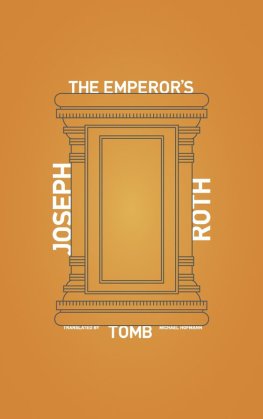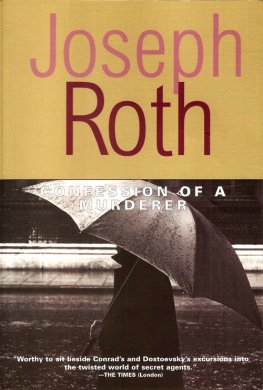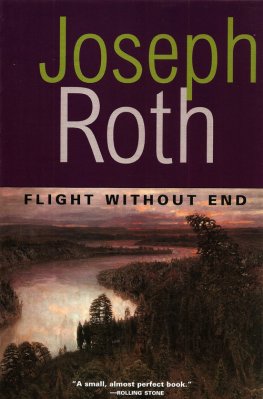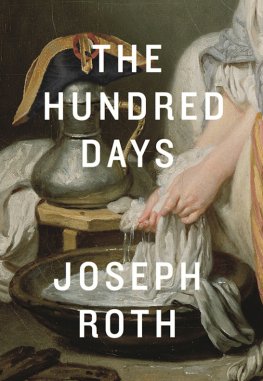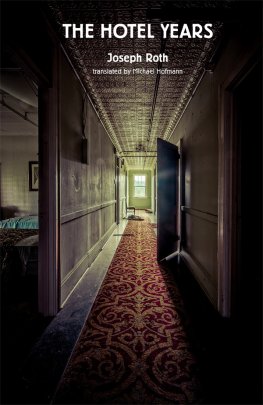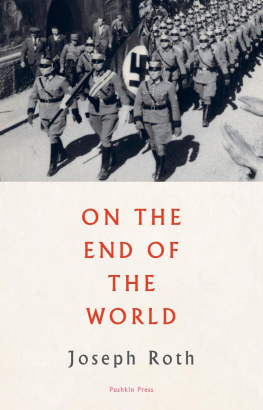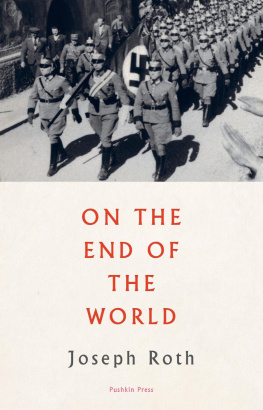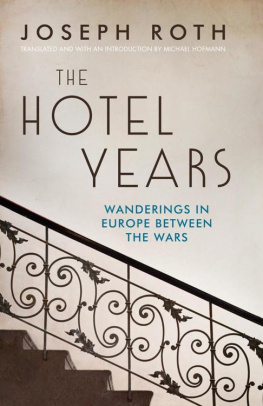Joseph Roth - What I Saw
Here you can read online Joseph Roth - What I Saw full text of the book (entire story) in english for free. Download pdf and epub, get meaning, cover and reviews about this ebook. year: 2011, publisher: W. W. Norton & Company, genre: Detective and thriller. Description of the work, (preface) as well as reviews are available. Best literature library LitArk.com created for fans of good reading and offers a wide selection of genres:
Romance novel
Science fiction
Adventure
Detective
Science
History
Home and family
Prose
Art
Politics
Computer
Non-fiction
Religion
Business
Children
Humor
Choose a favorite category and find really read worthwhile books. Enjoy immersion in the world of imagination, feel the emotions of the characters or learn something new for yourself, make an fascinating discovery.

- Book:What I Saw
- Author:
- Publisher:W. W. Norton & Company
- Genre:
- Year:2011
- Rating:4 / 5
- Favourites:Add to favourites
- Your mark:
- 80
- 1
- 2
- 3
- 4
- 5
What I Saw: summary, description and annotation
We offer to read an annotation, description, summary or preface (depends on what the author of the book "What I Saw" wrote himself). If you haven't found the necessary information about the book — write in the comments, we will try to find it.
What I Saw — read online for free the complete book (whole text) full work
Below is the text of the book, divided by pages. System saving the place of the last page read, allows you to conveniently read the book "What I Saw" online for free, without having to search again every time where you left off. Put a bookmark, and you can go to the page where you finished reading at any time.
Font size:
Interval:
Bookmark:
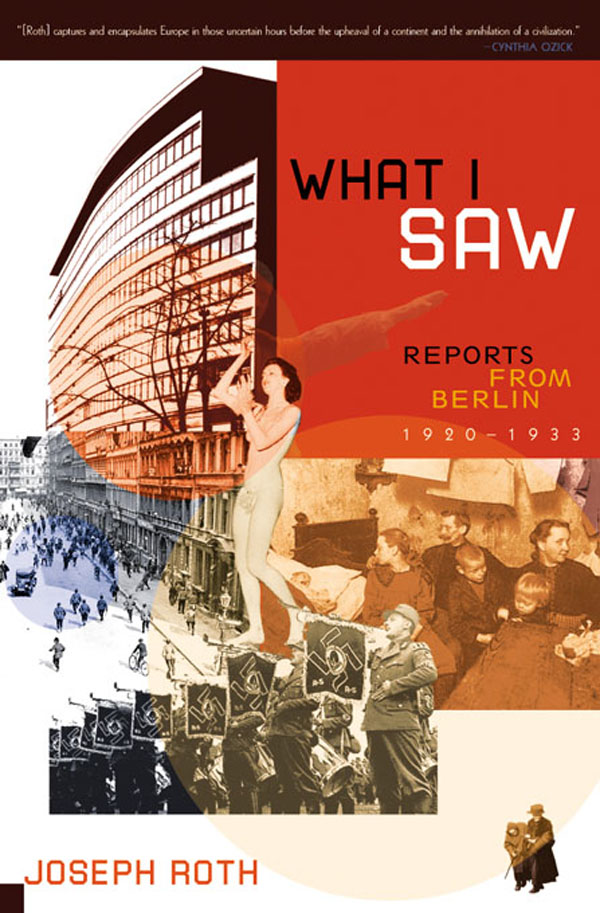
More praise for What I Saw
Michael Hofmanns wit and candor as presenter are part of the sharp pleasure of this first collection of Joseph Roths journalism to appear in English.... What Roth sees and hands on is a unique essence, conveying the fragility of what is truly human in us, the ridiculous and the tragic. These he saw in the streets, passing close, each to the other.
Nadine Gordimer, Threepenny Review
[Roths] genius for metaphor, his compassionate irony, and his historical and psychological insight are evident in nearly all his books; now English-speakers can appreciate the breadth of his interests and range of his observationand see him for the major writer he is.... Roths gift as a journalist, which make these pieces worth reading now, is his ability to make local details capture the spirit of the age, with all its nervous foreboding.
Adam Kirsch, Wall Street Journal
What I Saw collects the best of Roths journalism, where reportage is a dream union of theory and poetry, somewhere between the insights of Walter Benjamin and Maeve Brennans New Yorker essays.
Brian Dillon, Time Out
[ What I Saw ] must appeal less to the day-tripper and more to some Sebaldian connoisseur of lossnot only because the Berlin Roth depicted has vanished but because even as he described its qualities and people, his true subject was the emptiness, ephemerality, and unreason of Weimar Germany.
Katherine A. Powers, Atlantic Monthly
The quirkiest, most quintessentially Rothian essays in this book still contain... political electricity.... This elegiac collection ends on a look to the future that is as bombastic as it is prophetic.
Ruth Franklin, The New Republic
In What I Saw , Roth reveals himself to English readers as an original, downright quirky journalist, whose odd rhythms and off-kilter observations capture Berlin in those fraught years before the Nazi darkness. Though one feels desperation lurking, his writing is flecked with whimsy and ironic wit. He is a laureate of the fleeting instance and the momentary observation that can find the profound in even the most seemingly banal aspects of everyday life.
San Francisco Chronicle
This is a novelists journalism. The pieces are written with elegance, concision, lively curiosity and penetrating vision.
Sandee Brawarsky, The Jewish Week
Roths slivers of Berlin life during the Weimar Republic catch a city juddering with a sense of its own modernity, even as he listens for sighs escaping through the cracks. He always seems to be across the road, in a caf corner, watching. The tone is tender and caustic, all at once.
David Jays, Observer (UK)
A real original... most of these brilliant and quixotic pieces immortalize the everyday life of 1920s Berlin. Roth reads Berlin like a book: its topography and its architecture, its personality, the characters who populate its streets and cafes. It reads like an instant classic.
Roy Foster, Financial Times (UK)
The readers attention yields entirely to Roth, a kind of Germanic Pepys who has bequeathed to us an immediate feeling for a city... he captures atmosphere as precious few modern journalists can.
Cal McCrystal, Independent on Sunday (UK)
This is a marvelous book, and a welcome addition to the ever-growing canon of Roths work in English. It offers proof, if proof were needed, that he is as brilliant and original a journalist as he is a storyteller, casting his eye and cocking his ear where lesser writers never venture... what a rich legacy of the human imagination he has left us.
Paul Bailey, Sunday Times (UK)
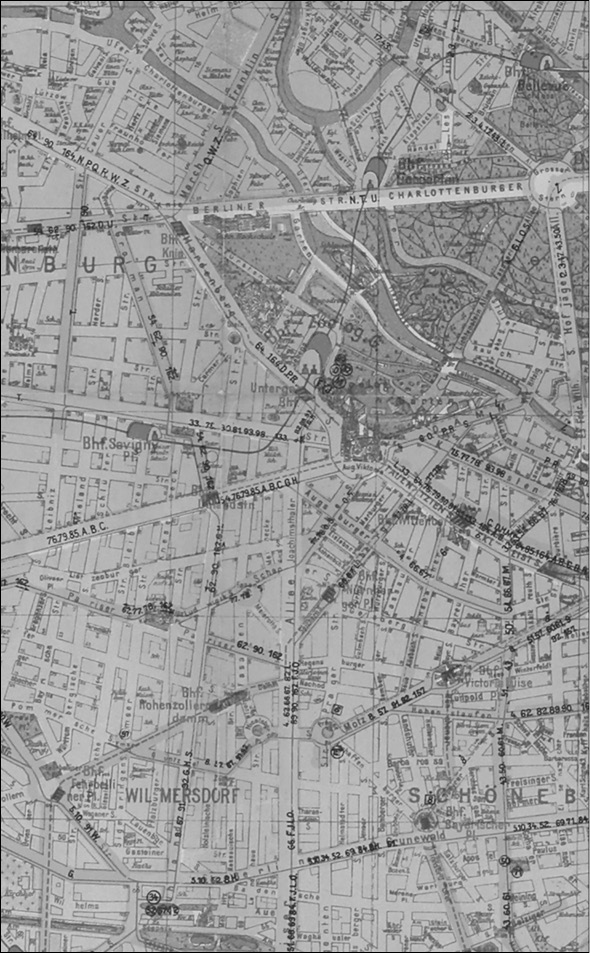
BY JOSEPH ROTH
Report From a Parisian Paradise: Essays From France 19251939
The Collected Stories of Joseph Roth
The Wandering Jews
Rebellion
The Tale of the 1002nd Night
Right and Left and The Legend of the Holy Drinker
Job: The Story of a Simple Man
The Emperors Tomb
Confession of a Murderer
The Radetzky March
Flight Without End
The Silent Prophet
Hotel Savoy
Tarabas
Weights and Measures
Zipper and His Father
The Spiders Web
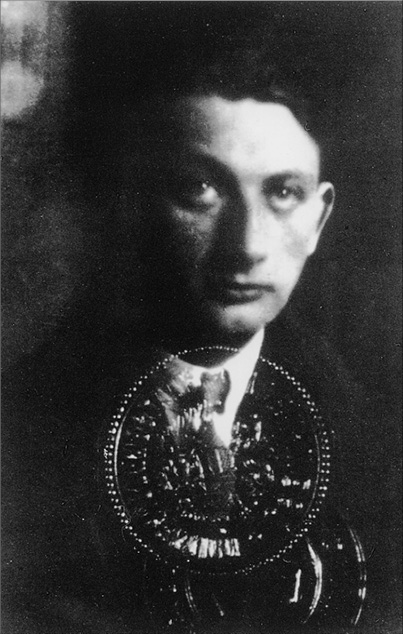
What I Saw
Reports from Berlin
1933
Joseph Roth
translated with an introduction by
Michael Hofmann
German selection by Michael Bienert

W. W. Norton & Company
New York London
Map of Berlin, page 2: Pharus-Plan Fahrtfinder-Ausgabe Berlin [map], 1915. Courtesy of the Map Division, The New York Public Library, Astor, Lenox, and Tilden Foundations
Copyright 1996 by Verlag Kiepenheuer & Witsch Kln and
Verlag de Lange Amsterdam
English translation copyright 2003 by W. W. Norton & Company, Inc.
Translators Introduction copyright 2003 by Michael Hofmann
Originally published in German as J oseph R oth in Berlin: Ein Lesebuch fr Spaziergnger
All rights reserved
Printed in the United States of America
First published as a Norton paperback 2004
For information about permission to reproduce selections from this book, write to Permissions, W. W. Norton & Company, Inc., 500 Fifth Avenue, New York, NY 10110
Manufacturing by The Maple-Vail Book Manufacturing Group
Book design by Chris Welch
Production manager: Andrew Marasia
Ebook conversion by Erin Campbell, TIPS Technical Publishing, Inc.
Library of Congress Cataloging-in-Publication Data
Roth, Joseph, 18941939.
[Joseph Roth in Berlin. English]
What I saw: reports from Berlin, 19201933 / Joseph Roth ; translated with an introduction by Michael Hofmann ; edited in German by Michael Bienert.
p. cm.
Included index.
ISBN 0-393-05167-6
1. Berlin (Germany)Social life and customs. 2. Berlin (Germany)Social conditions.
3. Berlin (Germany)Politics and government. 4. GermanyPolitics and government19181933. 5. Berlin (Germany)Intellectual life. 6. CrimeGermanyBerlinHistory20th century. I. Hofmann, Michael, 1957 Aug. 25 II. Bienert, Michael, 1964 . III. Title.
DD866.R6813 2003
943.155085dc21 2002014211
ISBN 0-393-32582-2 pbk.
W. W. Norton & Company, Inc., 500 Fifth Avenue, New York, N.Y. 10110
www.wwnorton.com
W. W. Norton & Company Ltd., Castle House, 75/76 Wells Street, London W1T 3QT
1234567890
Contents
Part VIII. An Apolitical Observer Goes
to the Reichstag
TranslatorsIntroduction
T he name Weimar Republic has a whiff of fragility, of scandal, of doom about it. It denotes a tiny period of German history, the years from 1918 to 1933; an interval of tremulous republican government, between monarchy and dictatorship, between one catastrophic war and the approach of another; but most of all a period that was fast and febrile and fun, andpopularized by the somewhat superficial and touristic versions of Christopher Isherwoodbecame practically synonymous with the Jazz Age or the Roaring Twenties. Historically, though, it was a form of government and a constitution. There is some pathos and idealism in the name Weimar, the little statelet of Goethe and Schiller. One has to imagine the United States or Britain defeated in war, having taken enormous casualties, under part-occupation, and saddled with reparations in a punitive peace treaty that assigned them the guilt for the war, then, bethinking themselves of their finer traditions, naming their government and new constitution after a town that seemed to offer some literary precedent, as it might be Walden or Stratford-on-Avon. In the end the literary and idealistic connotations of the name did nothing. The government was established (and occasionally maintained) by force of arms. The diplomat Count Kessler wrote witheringly: The paradox of a republican-social-democratic government allowing itself and the capitalists safes to be defended by hired unemployed and royalist officers, is simply too insane. But so it went, and the Weimar period as a whole was characterized by political violence, assassinations, inflation, unemployment, crisis, and instability. There were seventeen governments in fewer than fifteen years, as an anguished center fought off numerical and decibel encroachments from both flanks. Weimar was always unloved, always friendless. To quote the historian Peter Gay: The Republic was born in defeat, lived in turmoil, and died in disaster.
Next pageFont size:
Interval:
Bookmark:
Similar books «What I Saw»
Look at similar books to What I Saw. We have selected literature similar in name and meaning in the hope of providing readers with more options to find new, interesting, not yet read works.
Discussion, reviews of the book What I Saw and just readers' own opinions. Leave your comments, write what you think about the work, its meaning or the main characters. Specify what exactly you liked and what you didn't like, and why you think so.

